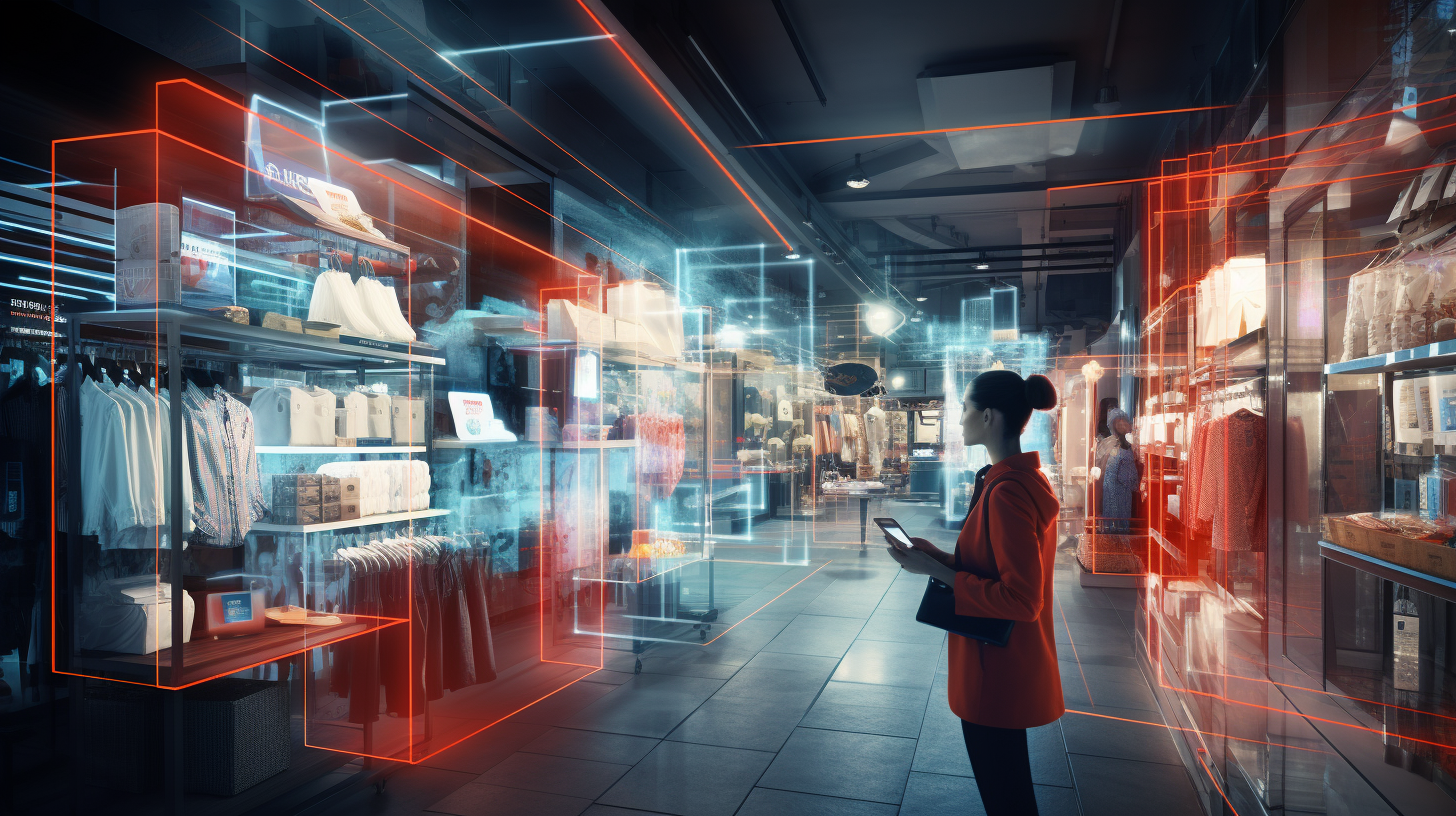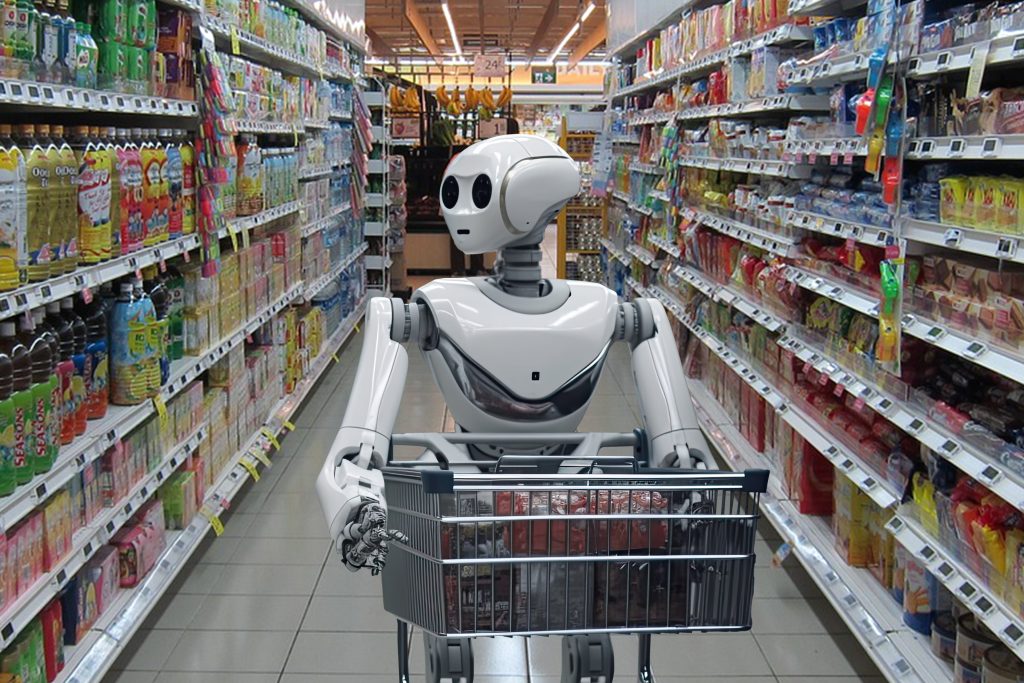Artificial Intelligence (AI) is revolutionizing the retail industry by enhancing customer experiences, optimizing operations, and driving smarter business decisions. As AI technologies continue to evolve, retailers have a unique chance to leverage these innovations for competitive advantage and growth.
How AI is Transforming Retail
AI in retail uses machine learning, data analytics, and automation to improve various aspects of the retail ecosystem—from supply chain management to personalized marketing and customer service. Embracing AI opens up new pathways for efficiency and customer engagement.
Key Opportunities for AI in Retail
Personalized Shopping Experiences
AI analyzes customer data, browsing behaviors, and purchase history to offer highly personalized product recommendations and promotions. This level of customization increases customer satisfaction and boosts sales.
Inventory Management and Demand Forecasting
AI-powered systems help retailers predict demand patterns, optimize stock levels, and reduce waste. By analyzing historical sales data and external factors like seasonality or market trends, AI ensures products are available when and where customers need them.
Chatbots and Virtual Assistants
Retailers use AI-driven chatbots to provide instant customer support, answer common queries, and guide shoppers through the buying process 24/7. These virtual assistants improve service efficiency and free human agents for more complex interactions.
Visual Search and Augmented Reality
AI enables customers to search for products using images rather than keywords, making it easier to find exactly what they want. Augmented reality (AR) tools powered by AI allow shoppers to virtually try on clothes, accessories, or preview furniture in their homes.
Fraud Detection and Security
AI algorithms detect unusual transaction patterns and potential fraud in real-time, safeguarding retailers and customers alike. This enhances trust and protects valuable assets from cyber threats.
Pricing Optimization
Dynamic pricing models driven by AI adjust product prices based on demand, competitor pricing, and customer behavior. This ensures retailers stay competitive while maximizing profit margins.
Supply Chain Automation
AI streamlines logistics by optimizing routes, managing warehouse operations, and automating repetitive tasks. This leads to faster deliveries and lower operational costs.
Considerations When Implementing AI in Retail
- Data Privacy: Protecting customer data and complying with regulations is critical to maintain trust.
- Integration: Seamless integration with existing systems ensures smooth adoption and maximizes benefits.
- Customer-Centric Approach: AI solutions should enhance the customer journey without compromising the human touch.
Conclusion
AI is unlocking tremendous opportunities in retail, enabling smarter decisions, enhanced customer engagement, and operational excellence. Retailers who strategically adopt AI technologies stand to gain significant advantages in an increasingly competitive marketplace. Balancing innovation with ethical practices and customer focus will be key to thriving in the AI-driven future of retail.







Leave feedback about this